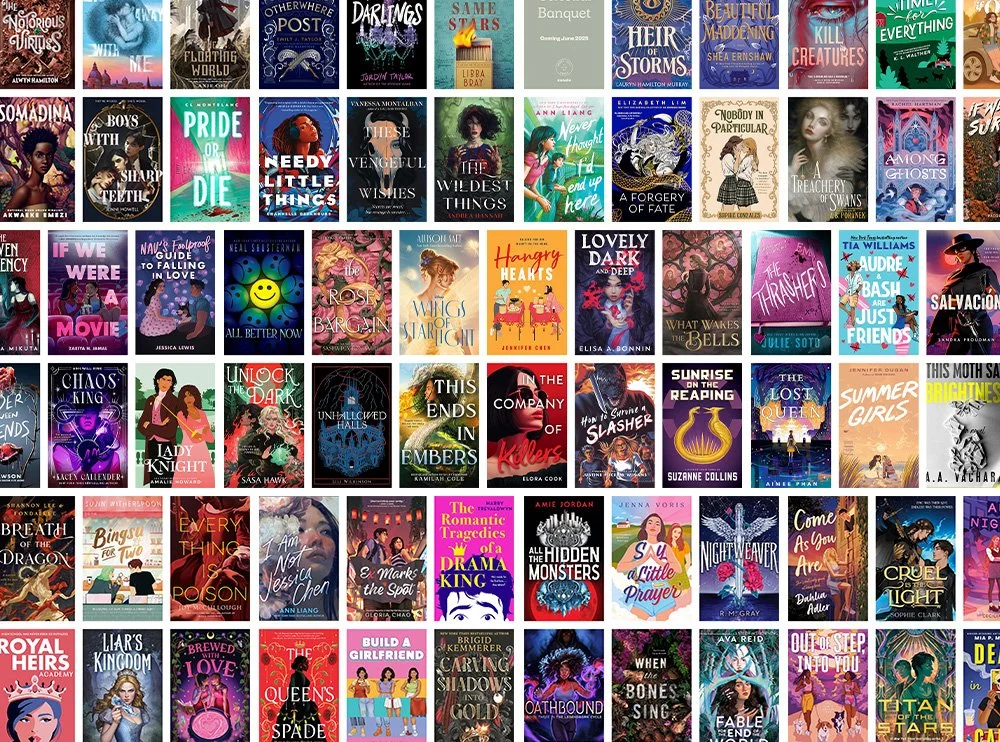Are YA books only for teens?
Photo by Atieh Parsaeian on Unsplash
After five long years, I’m finally in the last class of my Professional Writing and Editing degree: Fiction for Young Adults. It’s an elective I probably wouldn’t have chosen, but I love the lecturer and am keen to learn more about this readership, especially since I have kids in the 13-18 age group.
I remember being their age, though life was very different back then. Oh god, that’s such a parent thing to say, isn’t it? I just completely outed myself as middle-aged. Anyway, writing from a teen perspective, even though I recall the angst and insecurities well, doesn’t come easily to me.
Funnily enough, the idea of adolescence didn’t always exist. In pre-industrial times, young people became adults quickly where puberty marked the start of adulthood, and they took on adult responsibilities early. It was only after the Industrial Revolution, with child labor laws and compulsory schooling, that the concept of being a "teenager" emerged. By the 1940s, the term "teenager" became common, and by the 1950s, youth culture—shaped by music, fashion, and social life—became a distinct part of society. This created a market for teen readers, and you guessed it, YA fiction followed. It became a literary space for teens to explore the complexities of growing up.
The books I read as a teen (in the 1990s) were controversial at the time: Puberty Blues by Gabrielle Carey and Kathy Lette, and Forever by Judy Blume, Flowers in the Attic by V.C. Andrews to name a few. These weren’t books that most adults were scrambling to read—unless they were assessing their age-appropriateness or, eventually, banning them! I remember reading them under my covers like I was committing some kind of mortal sin.
So why do so many adults read YA now? Here’s what I’ve realised:
YA offers a chance to relive a time when everything felt urgent and dramatic—when heartbreak felt like the end of the world and friendships were everything.
YA doesn’t just explore the teen experience. It taps into universal emotions—identity, loss, and fitting in—that transcend age. These themes are relevant at any stage of life.
I love the brutal honesty in YA fiction. The characters don’t mince words, diving headfirst into tough topics like mental health, toxic relationships, and the struggles of growing up in a confusing world.
Today's YA books are much more diverse, featuring characters of different races, sexualities, and backgrounds. As an adult, it’s refreshing to see new perspectives that expand my worldview.
Whether through epic fantasy worlds, dystopian futures, or supernatural creatures, YA delivers an easy escape from reality.
The coming-of-age story is at the heart of YA, but those themes aren’t confined to adolescence. YA books tackle adult themes like grief, mental health, and love in ways that are raw and relatable to all ages.
For parents, teachers, and mentors, reading YA is a way to connect with the younger people in our lives. It helps bridge generational gaps and sparks conversations about the challenges teens are facing today.
YA books are usually shorter (between 60,000-90,000 words), making them quick reads compared to adult fiction, which can run 70,000-120,000 words.
Some popular YA books read by a huge cross-section of the population (i.e. not just teens!)
The Diary of Anne Frank
Lord of the Flies
The Catcher in the Rye
Heart Stopper
Hunger Games
Twilight
The Fault in Our Stars
Little Women
Harry Potter (later series—they even reprinted with “older” covers so adult readers weren’t embarrassed to read them on public transport)
Image courtesy of The Nerd Daily
If you want a more Australian flavour, Readings have put together a list of local favourites. And The Nerd Daily has an extensive list of their most anticipated YA books of 2025 here.
As I delve deeper into YA fiction in my class, I’m beginning to understand why so many adults are drawn to these stories. They offer a chance to rediscover the complexities of growing up, reminding us that no matter how old we get, we’re all still trying to figure things out.
Do you read YA? What draws you to these stories? Share some of your favourite YA titles below.


